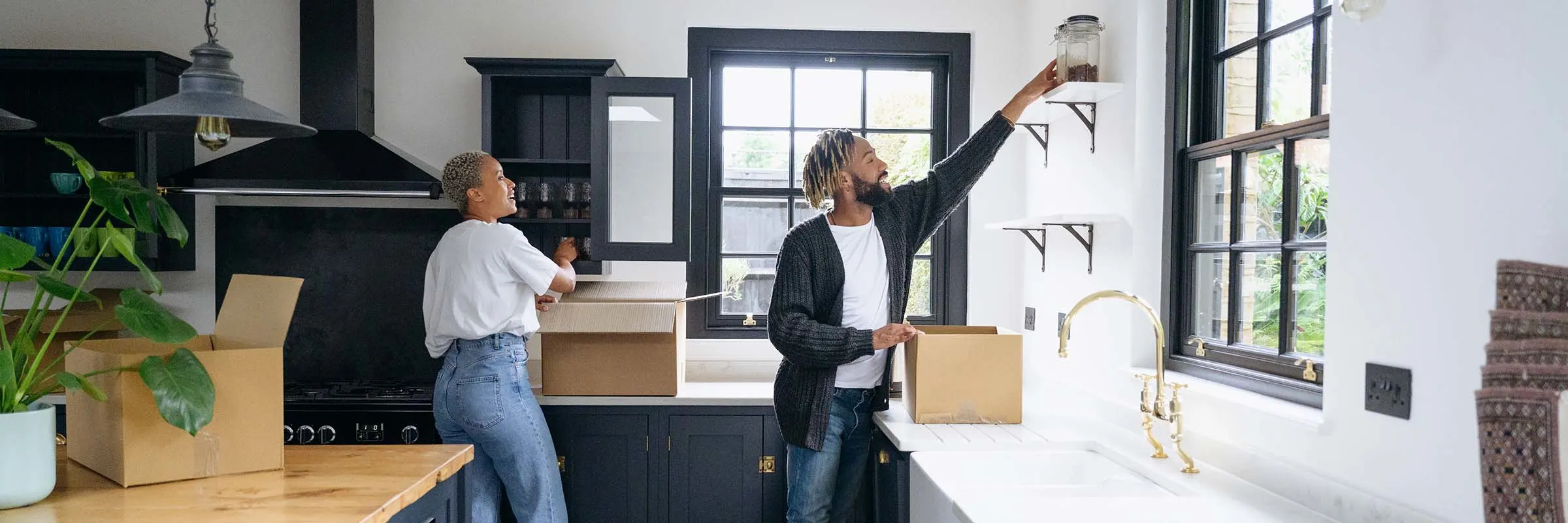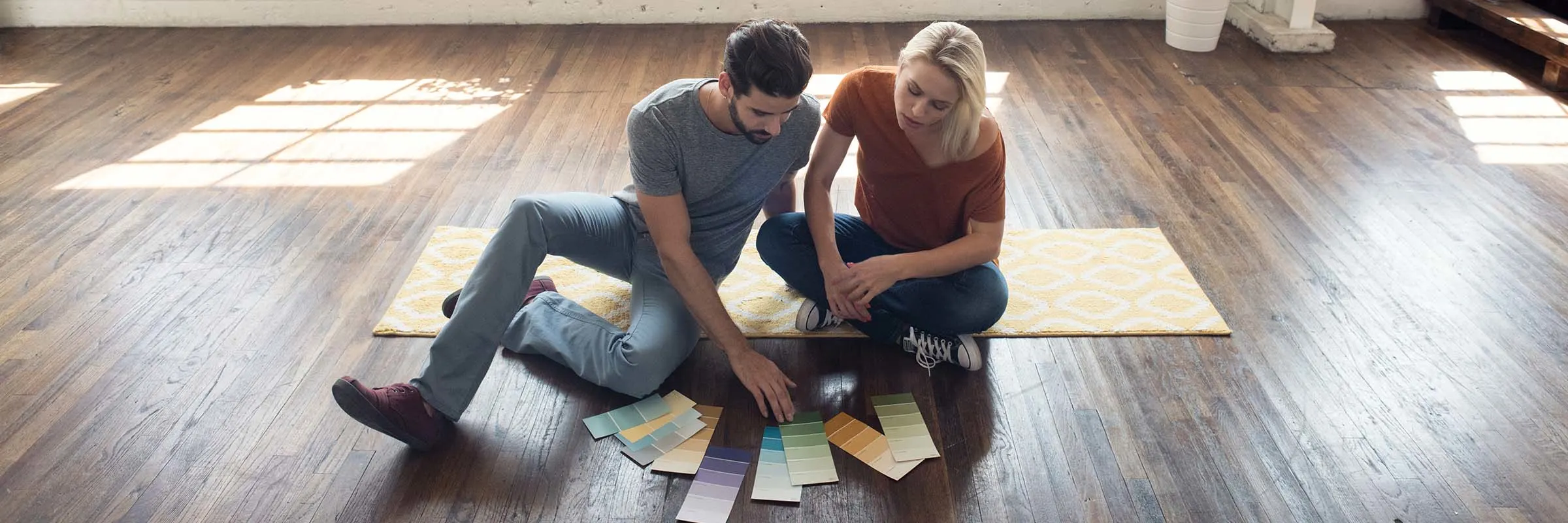What we'll cover
Steps to help improve your odds of getting a mortgage
How to build and maintain a good credit score
The purpose of getting pre-approved for a mortgage
One major worry when buying a home is whether you will be approved for a mortgage. But good news: A few simple steps can potentially increase your approval odds.
Below are tips to improve your finances to better your chances of qualifying for a mortgage.
Take quiz: Find which mortgage is right for you.
Keep debt low
One important metric lenders look for when you apply for a mortgage is your debt-to-income ratio (DTI). You can get an idea of your DTI by dividing the total of your monthly debt by your gross income. Each lender sets its own DTI requirement, but you can get a general idea of your ratio by including things such as rent, current mortgage payments, car payments, student loans, child support and credit card minimums as part of your debt.
A favorable DTI for a conventional loan is generally 36% or less. You may qualify for a mortgage with a DTI up to 50% depending on your overall financial situation and credit score. If you’re a low- to- moderate income buyer, you may qualify for an FHA loan, which generally accepts borrowers with DTI ratios up to 43%.
If your DTI is too high, make a plan to pay down debt. You can also find ways to increase your income, such as starting a side hustle.
Build and maintain a good credit score
You’ll want to check your credit score when applying for a home loan. For most loan types, a credit score of at least 620 is required. To qualify for a jumbo loan, you'll likely need a score of at least 680. In general, the higher your credit score, the better chance you will have at a lower interest rate on your mortgage. Borrowers with credit scores above 740 generally tend to qualify for lower interest rates.
To improve your score, work on keeping your credit utilization rate less than 30% on credit cards. Always make payments on time and monitor your credit report frequently to catch any issues or mistakes.
Bigger down payments may result in lower monthly mortgage payments, better interest rates and more equity in the home.
Save for a larger down payment
The amount required for a down payment depends on your loan type. While 20% used to be the gold standard, you can get a home loan with as little as 3% down, including through the HomeReady® mortgage program offered by Ally Home. Bigger down payments may result in lower monthly mortgage payments, better interest rates and potentially more home equity.
When it comes to sourcing a down payment, don’t be afraid to think outside the box. In addition to slowly saving up, consider down payment assistance programs such as grants and deferred-payment loans.
Get pre-approved
Getting pre-approved for a mortgage will give you an idea of how much money you can borrow from a lender to buy a home. The lender will likely ask you to provide some financial information such as income, debts and assets in order to get pre-approved.
With Ally Home, you can get pre-approved in as little as three minutes with no impact to your credit score. Being approved for a mortgage is a crucial step in the journey to buying a home, and getting pre-approved can give you reassurance that you are on the right track.
Increase your odds with a step-by-step plan
Once you’ve conquered all the what ifs, you can focus on the fun aspects of buying a new home, like picking out paint colors and designing a backyard oasis.
If you’re ready to make your dream of homeownership a reality, ensuring your finances are in order will increase your odds of qualifying for a home loan.


